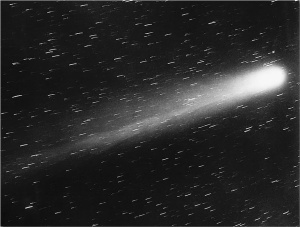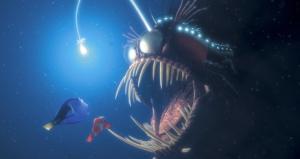Sir Isaac Newton 1642-1727
Quite a smart man was Newton. He invented calculus. (pause in amazement) He also came up with the aptly named Newton’s Laws of Physics (or the 3 Laws of Motion). These three rules were a significant upgrade to the system astronomers were using at the time. We have the Law of Inertia, which helps explain the earth’s axis shift every 13,000 years. We have the Law of Acceleration, which tells us that the heavier an object is, the more force it will take to accelerate it. Lastly, the Third Law: Every action has an equal and opposite reaction. I’m not talking about when your girlfriend doesn’t talk to you for three days because you forgot it was y’all’s 30 day anniversary. I mean that when you push against the wall, you are also being pushed back.
Here’s a few things that happened during Newton’s lifetime. He was also alive during the lifetime of Robert de la Salle.
1665: The Great Plague of London: This epidemic killed about a fifth of the population of London at the time, 460,000. It was followed by a very big fire.
1666: The Great Fire of London: Burned about 370 acres of London and lasted for four days. Both the plague and the fire caused the people of Britain to rethink urban living and even living in general.
Robert Cavalier de la Salle: A French explorer who claimed Louisiana for France. Mr. La Salle lived from 1643 to 1687 when he was killed by mutineers.
I never really thought about Louisiana being discovered at the same time that Isaac Newton was inventing calculus but surprisingly, those were happening simultaneously. I always think of Calculus as an ancient tool but it is really quite new.







